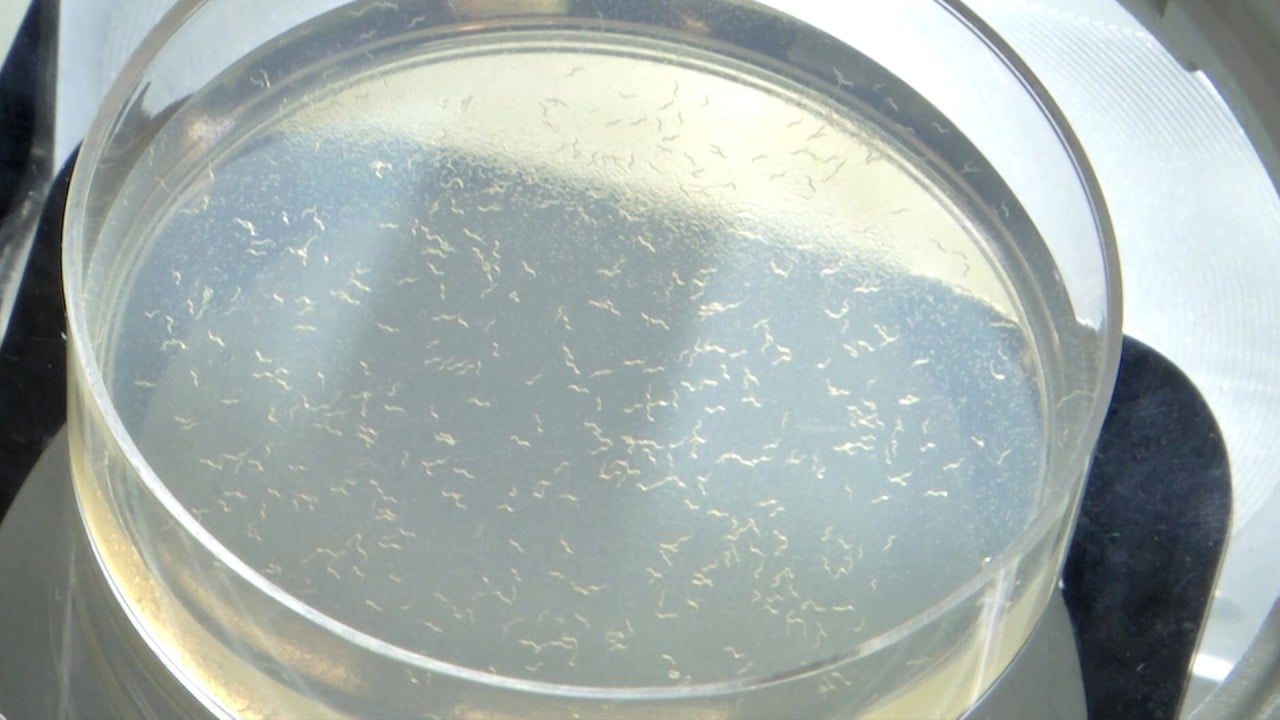Chinese scientists use nanoplatform ‘aircraft carrier’ to release drugs and attack tumours in cancer patients
- Therapy can inhibit tumour growth, promote the body’s immune response and prevent cancer cell metastasis, says team from Donghua University in Shanghai
- Researcher says the nanoplatform ‘shows promising results for breast cancer treatment’

It is an advanced and intelligent therapy for tumours with the potential for clinical applications because it can inhibit tumour growth, promote the body’s immune response and prevent cancer cell metastasis – the spread of cancer cells to another part of the body – at the same time, according to the researchers.
Conventional treatments cannot completely eradicate cancer cells and they may damage normal tissue. A main reason for the failure of cancer treatment is the extensive metastasis of the disease through the patient’s blood and lymphatic vessels.
Researchers from China say they have a solution that combines multiple new strategies and simultaneously inhibits growth of the primary tumour and tumour metastasis. Their work was published on May 31 in Small, a peer-reviewed journal that covers science at the nano and microscale.
The research is led by Shi Xiangyang and Cao Xueyan of the Shanghai Engineering Research Centre of Nano-Biomaterials and Regenerative Medicine at Donghua University in Shanghai. They have been focusing on using nano-biotechnology to diagnose and treat cancer for more than a decade.
The team built its “aircraft carrier” based on a polymer that resembles a tree’s branches and has a controllable shape and size and good biocompatibility. Using the polymer as a deck, the Donghua University researchers mounted other particles as “weapons” onto the carrier.

